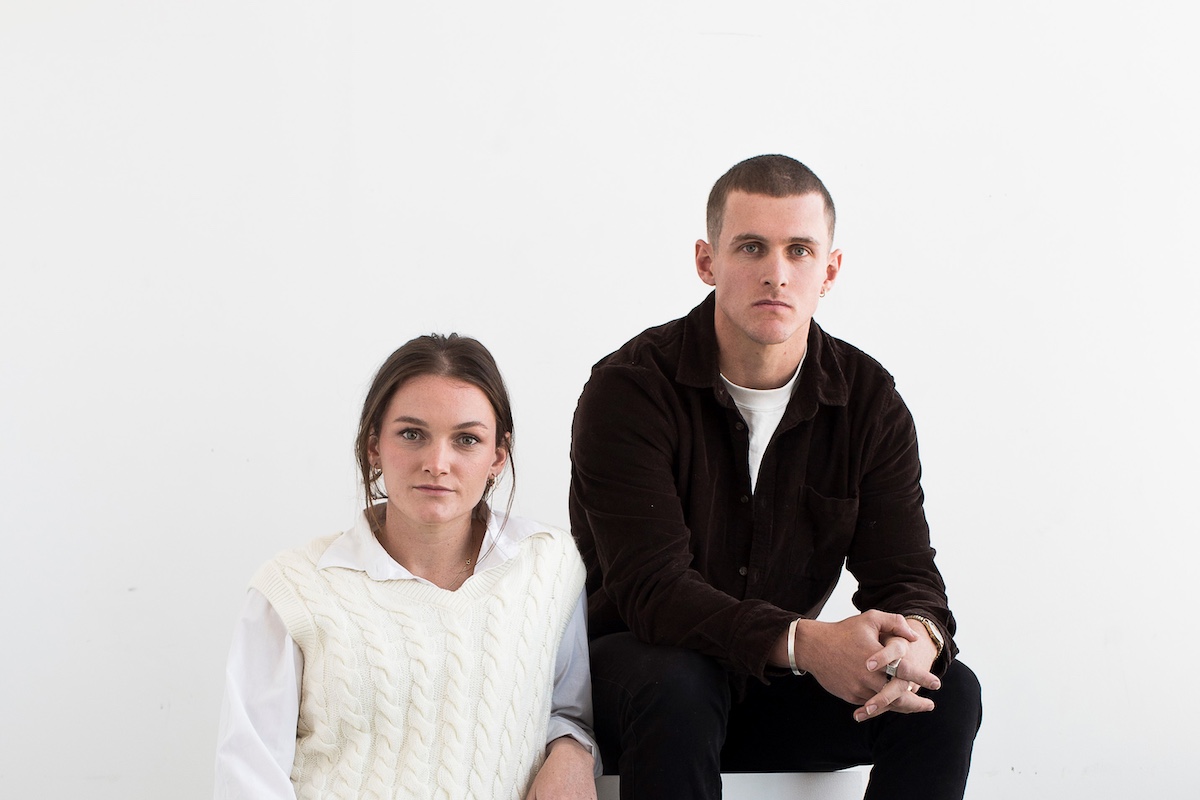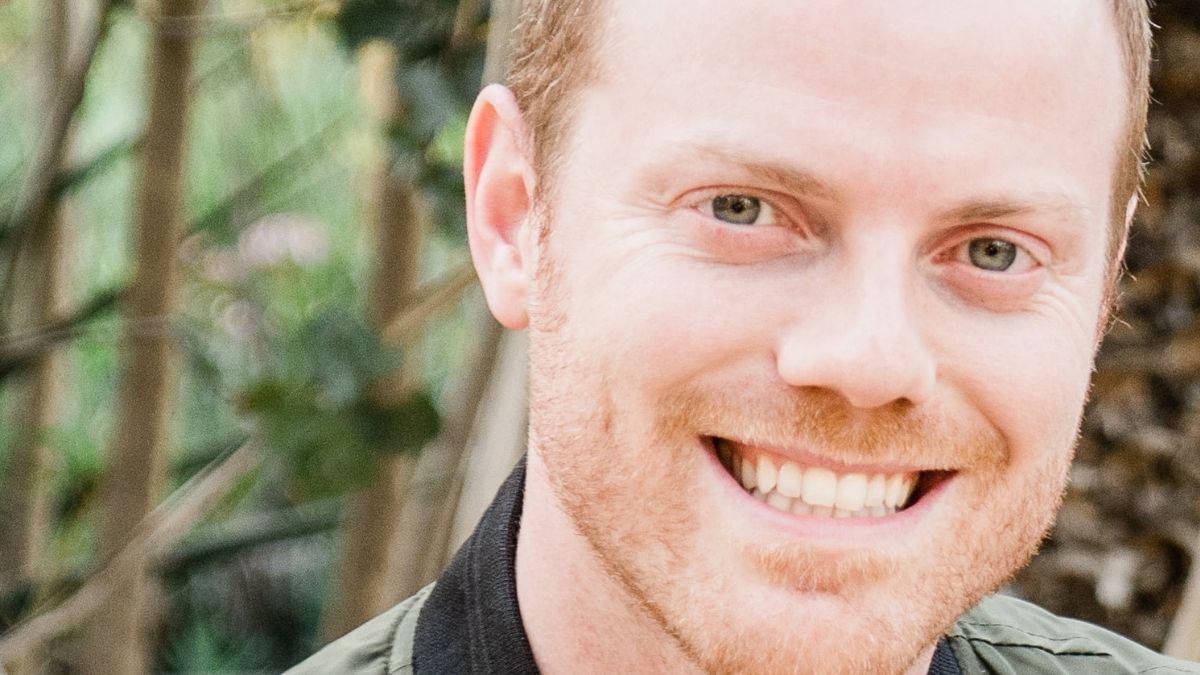Success Isn't a Formula, It's a Design: My Guide to Creating a Thriving Life and Business
What does "success" mean to you? For generations, we’ve been sold a very specific, linear picture. Go to school, get a good job, climb the corporate ladder, save for retirement, and then, finally, at the end of it all, you might get to live the life you’ve always wanted. For entrepreneurs, the story is slightly different, but just as rigid: have a brilliant idea, hustle 24/7, sacrifice everything, raise capital, scale at all costs, and then, maybe, you get the big exit.
I want you to take that picture, crumple it up, and throw it in the bin.
Success is not a one-size-fits-all formula. It is not a destination you arrive at after decades of sacrifice. True, sustainable success is a conscious, deliberate, and deeply personal design. It's about building a business that serves your life, not a life that is subservient to your business. It’s about changing your behaviour to change your world.
This very philosophy was at the heart of one of the most wonderfully warm and energetic conversations I’ve had on my podcast. I had the pleasure of speaking with Sam and Lucy, the brilliant founders of Plan.D, a company that is encouraging people to plan differently using their world-class creative planning tools. Their entire business is built on the idea of thinking outside the box, and naturally, their questions for me were about exactly that.
They are at a critical, exciting juncture, and their questions were profound. How and when do we go full-time? Should we be focused on one project or many? How do we overcome barriers of age or gender? And how do we make sure we don't wake up at 70 with a bucket list we never touched?
This is the real stuff. This is the heart of the entrepreneurial journey.
Today, inspired by their fantastic questions, I want to give you my definitive guide to designing your own version of success.
The Leap - "How and when should we make it our full-time job?"
This is the ultimate "chicken and egg" question for every person building a business on the side. The side hustle needs more of your time to grow, but you need the business to grow to be able to leave your full-time job. It can feel like a terrifying, paralyzing catch-22.
The key is to reframe the question. It’s not about finding the "perfect" moment, because that doesn't exist. It’s about gathering enough evidence to make an informed, courageous leap. It's about moving from a position of hope to a position of data.
My Pre-Leap Checklist: The Evidence You Need to Gather
- Proof of Viability (Not Just an Idea): You must have undeniable proof that people you don't know are willing to pay real money for your product or service. This means you have consistent sales, not just a one-off success. You have testimonials from happy customers. You have validated your product-market fit.
- A Clear Financial Runway: This is non-negotiable. Before you resign, you must know exactly how many months of capital you have to survive without taking a salary. This includes covering both your personal living expenses and your business operating costs. I recommend a minimum of six months, but a 12-month runway provides a much greater sense of psychological safety, allowing you to make strategic decisions rather than desperate ones.
- The Tipping Point of Opportunity Cost: You will reach a point where the time you spend at your day job is actively costing your new business significant money. You're missing sales calls, you can't fulfil orders fast enough, or you're turning down opportunities because you simply don't have the hours. When the pain of not working on your business becomes greater than the fear of leaving your job, that is your tipping point.
- The "Pull" vs. The "Push": Are you being pulled towards an incredible, validated opportunity that you are passionate about? Or are you being pushed out of a job you hate? While the push can be a powerful motivator, the most successful leaps are made towards a compelling vision. Being pulled by passion is a far more sustainable fuel than being pushed by frustration.
When I made the leap from my corporate career to start RedBalloon, it was terrifying. But I had done the work. I had the validation, a (small) runway, and an absolute conviction that the opportunity cost of staying was too high. That's when I knew it was time.
The Focus Dilemma - "Is it better to have one project or be working on many things?"
In today's world, we are encouraged to have multiple streams of income and a portfolio of projects. For an entrepreneur, who is naturally curious and full of ideas, this can lead to "shiny object syndrome"—constantly starting new things but never truly finishing any of them.
My philosophy on this is unequivocal, especially in the early stages: You must focus.
Think of your energy, time, and capital as water. If you have one bucket of water, you can pour it all onto one seed and give it the best possible chance to grow into a strong, healthy tree. If you try to sprinkle that same bucket of water over ten different seeds, you'll likely end up with ten weak, struggling seedlings, or nothing at all.
Success in business is about momentum. Momentum is built by applying concentrated force in one direction over a sustained period. This is how you break through the initial friction and get to a place of sustainable growth.
Now, this doesn't mean you must only do one thing for your entire life. It’s about sequencing. My career looks like a portfolio of many things now—Big Red Group, speaking, writing, investing—but it didn't start that way. It started with one thing: an obsessive, relentless, all-consuming focus on making RedBalloon a success.
That singular focus built the foundation. It built the financial resources, the brand reputation, the network, and the personal skills that allowed me to earn the right to do other things later. Focus on mastering one thing first. Make it a success. That success will become the launchpad for every project that follows.
This is a powerful behavioural change. Resisting the allure of the new idea to stay focused on executing the current one is a discipline that separates good entrepreneurs from great ones.
The Identity Question - "Is there a gender or age issue to success and how to overcome it?"
This is a question that cuts deep because it touches on our core identity. And yes, absolutely, biases exist in the world. But you have a choice. You can see these characteristics as barriers, or you can reframe them as your unique, strategic advantages.
I have addressed this before, and I will say it again: your age, your gender, your background—these are not liabilities. They are the ingredients of your "secret sauce."
- If you are young, you possess a native understanding of the digital world, a boundless energy, and a productive naivety that allows you to question everything and disrupt entire industries.
- If you are a mature founder, you possess a deep well of wisdom, an invaluable professional network built over decades, and a level of financial acumen and emotional resilience that a younger founder can only dream of.
- As a female founder, I know we often bring a different perspective. We might build more collaborative cultures, have a higher degree of emotional intelligence, and see market opportunities that have been overlooked by a male-dominated industry for years.
The key to overcoming external bias is to eradicate your own internal bias first. Do not walk into a room apologising for who you are. Walk in owning it. Your story and your unique perspective are your competitive advantage. The most powerful behavioural change you can make is to change the story you tell yourself about yourself. When you believe your identity is an asset, you project a confidence that is undeniable. You teach people how to treat you.
The Ultimate Design - "What about ‘terminal days’... how do you complete your bucket list?"
This was my favourite part of our conversation, because it gets to the absolute core of why we do any of this. What is the point of building a successful business if you wake up at the end of your life and realise you forgot to live?
The concept of "terminal days"—scheduling the things you've always wanted to do as if you only had a short time left—is incredibly powerful. But I want to challenge you to take it a step further. Don't wait for a terminal diagnosis to start living. Design your life now.
For years, I have used a simple but transformative practice: The Annual Theme. Every year, I choose a single word or a short phrase that acts as my compass for both my personal and professional life. One year it was "Courage." Another year, "Listen." Another, "Joy."
This theme becomes my filter for decision-making. But more importantly, it prompts me to schedule my life first. If my theme is "Adventure," I will sit down at the start of the year and block out time in my calendar for a trip or an experience before the calendar fills up with meetings.
Your "bucket list" items, your family holidays, your personal wellbeing—these are not the rewards you get for working hard. They are the non-negotiable pillars that everything else is built around. Schedule them with the same seriousness and commitment as a board meeting. Put them in the calendar first.
This is the ultimate behavioural change. It is the act of declaring that your business serves your life, and not the other way around. It is the difference between simply making a living and consciously designing a life.
Change Your Behaviour, Change Your World
Our conversation on the podcast was a whirlwind of energy, passion, and laughter. Sam and Lucy’s enthusiasm is infectious, and workshopping these huge, life-defining questions with them was a genuine privilege. We go so much deeper into each of these topics, sharing personal anecdotes and practical steps.
You Are the Designer
Success is not a destination you stumble upon. It is a world you build. It’s a reflection of your daily choices, your disciplined focus, your core beliefs, and your unwavering commitment to living a life aligned with your deepest values.
The questions Sam and Lucy asked are not just for them; they are for all of us. When will you make the leap? Where will you place your focus? How will you own your unique story? And what will you do to ensure you are living a life of purpose and joy, starting today?
You are the architect. You are the designer. Change your behaviour, and you will absolutely change your world.






